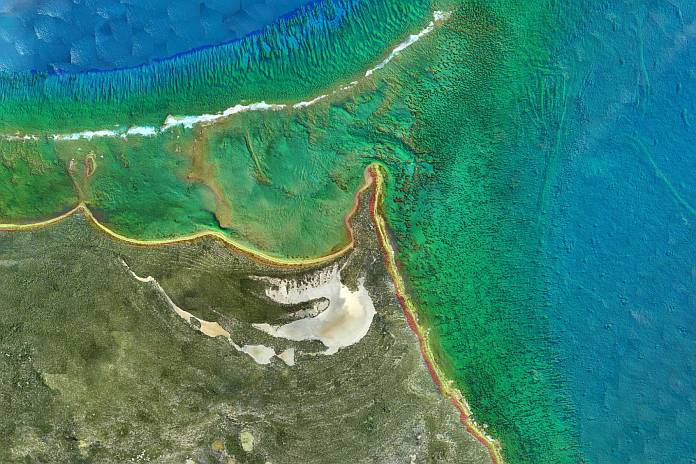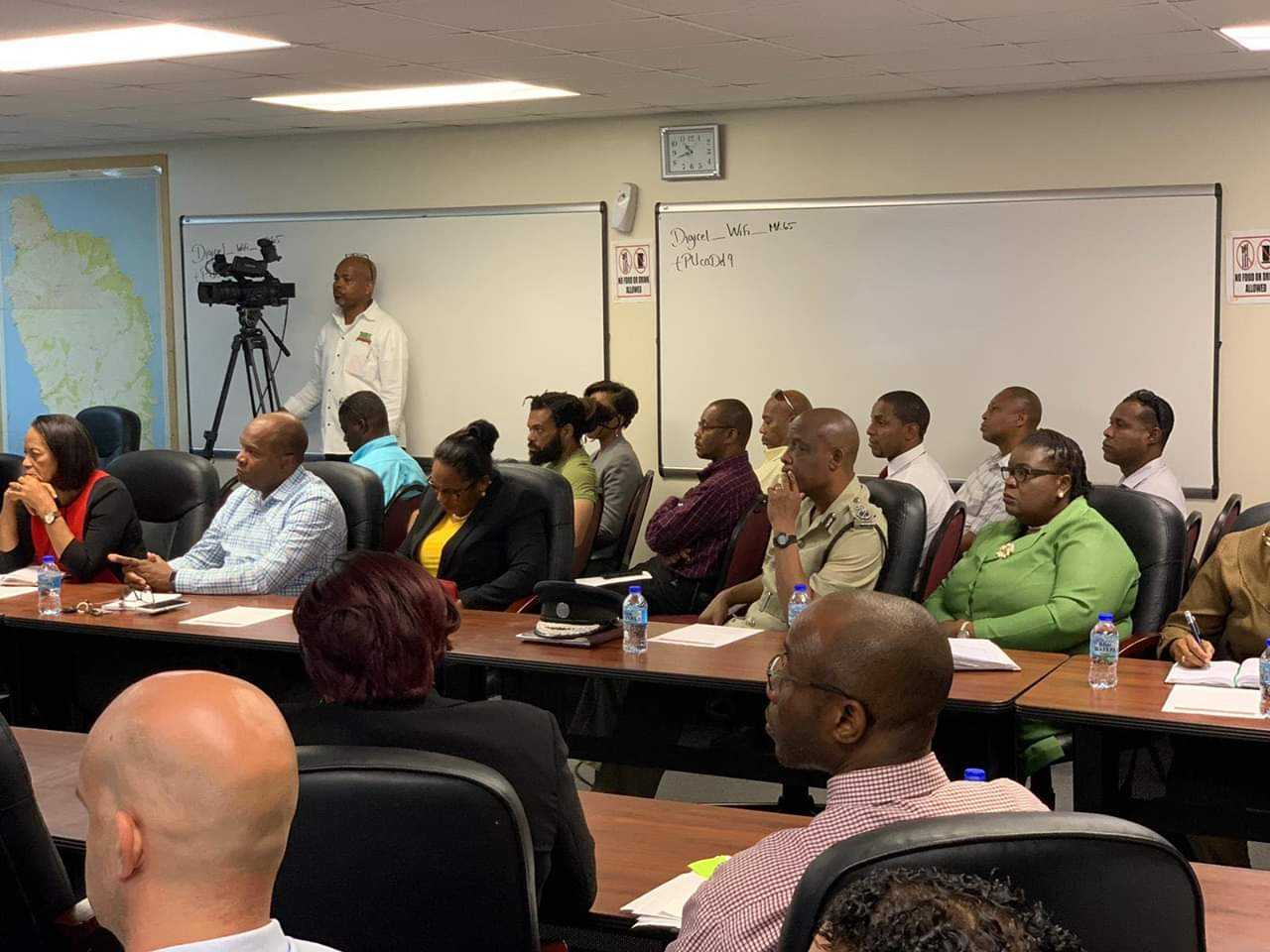
HOUSTON, USA — Geo-data specialist company Fugro is embarking on a coastal mapping project in Jamaica and Haiti to support, the investment plan for the Caribbean regional track of the pilot program for climate resilience.
The work, which comprises approximately 2,000 square kilometres of integrated shallow water and land-based elevation data, was awarded to Fugro by the University of West Indies Mona with financing from the Inter-American Development Bank (IADB). Fugro will accomplish the project using its Rapid Airborne Multibeam Mapping System (RAMMS).
“We are honoured to be supporting the goals of the University, the IADB and the people of Jamaica and Haiti for this important program” said Ed Saade, Fugro Group Director for the Americas.
“We have successfully been operating the RAMMS system throughout the Caribbean on other programs over the past ten months. Applying this technologically advanced sensor directly supports the spirit and the goals of sustainability and climate resilience for our clients.”
Introduced in August 2018, RAMMS delivers industry-leading depth penetration and point densities for nearshore and coastal mapping. It is also highly efficient.
Weighing just 14 kilogram the compact sensor is deployed on small aircraft with limited support crew requirements.
For the Jamaica project, Fugro estimates using RAMMS in place of larger conventional mapping systems will reduce CO2 emissions by 5.1 metric tons, with an overall estimated 80.5 percent reduction in carbon footprint as compared to a recent deployment in the same region, just 24 months ago.
“As a company, we’ve made it a priority to conduct business in an ethical and sustainable manner. RAMMS is a prime example of our commitment to this vision,” Saade said. “Not only are we delivering critical data with greater time and cost efficiency, we are doing it in the…






